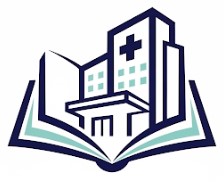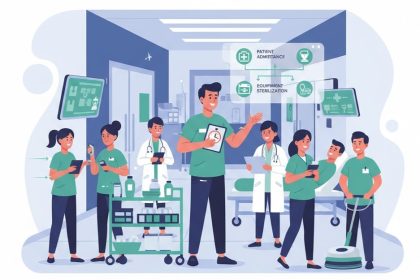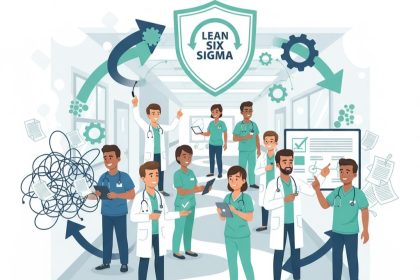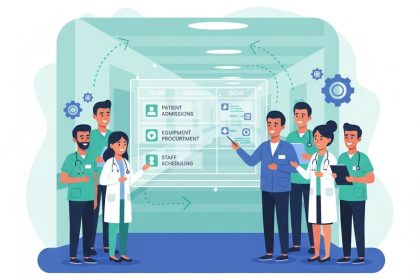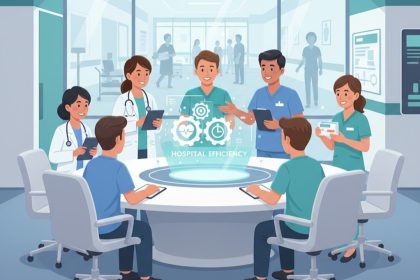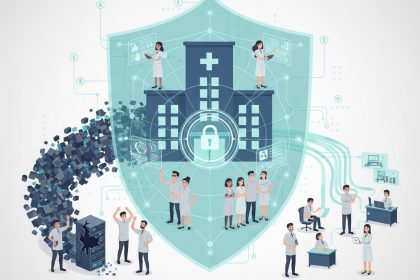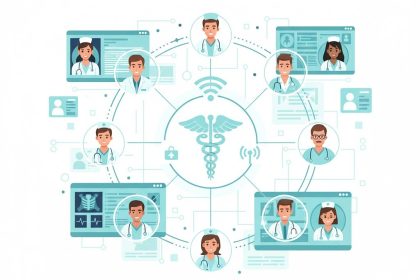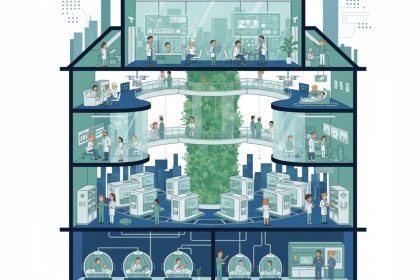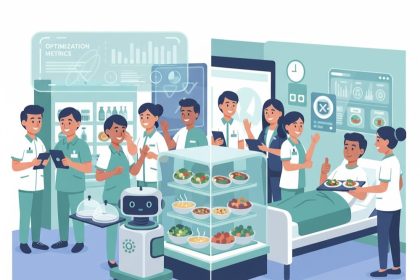In recent years, the shift towards telecommuting has significantly transformed non-clinical roles within hospitals. This change has been accelerated by technological advancements and the global COVID-...
In healthcare, efficient time management is crucial for ensuring high-quality patient care and optimal operational performance. Hospitals face immense pressure to provide timely treatment while managi...
Lean Six Sigma is a powerful methodology that combines two approaches: Lean, which focuses on eliminating waste, and Six Sigma, which aims to reduce variation and improve quality. In the context of ho...
Hospital administration faces numerous challenges, including operational inefficiencies, staff shortages, and the need for effective patient care amidst increasing demands. These complexities often re...
Interdisciplinary rounds (IDRs) refer to a structured process where healthcare professionals from various disciplines come together to discuss patient care. This collaborative approach is rapidly gain...
Data governance is a cornerstone of effective healthcare management, particularly in hospital operations. It refers to the processes that ensure high-quality data is collected, maintained, and used ap...
Effective communication is crucial in healthcare settings, where timely information sharing can directly impact patient outcomes and staff coordination. In hospitals, where various teams interact—doct...
Hospital Information Systems (HIS) are integrated, comprehensive solutions that manage patient data, streamline administrative tasks, and facilitate clinical workflows within healthcare settings. Thei...
Space utilization in hospitals is crucial for enhancing patient care and optimizing operational efficiency. With the increasing demand for healthcare services, hospitals face the challenge of managing...
Food services play a crucial role in healthcare settings, directly influencing both patient recovery and staff satisfaction. Quality meals not only nourish patients—facilitating healing—but also suppo...
